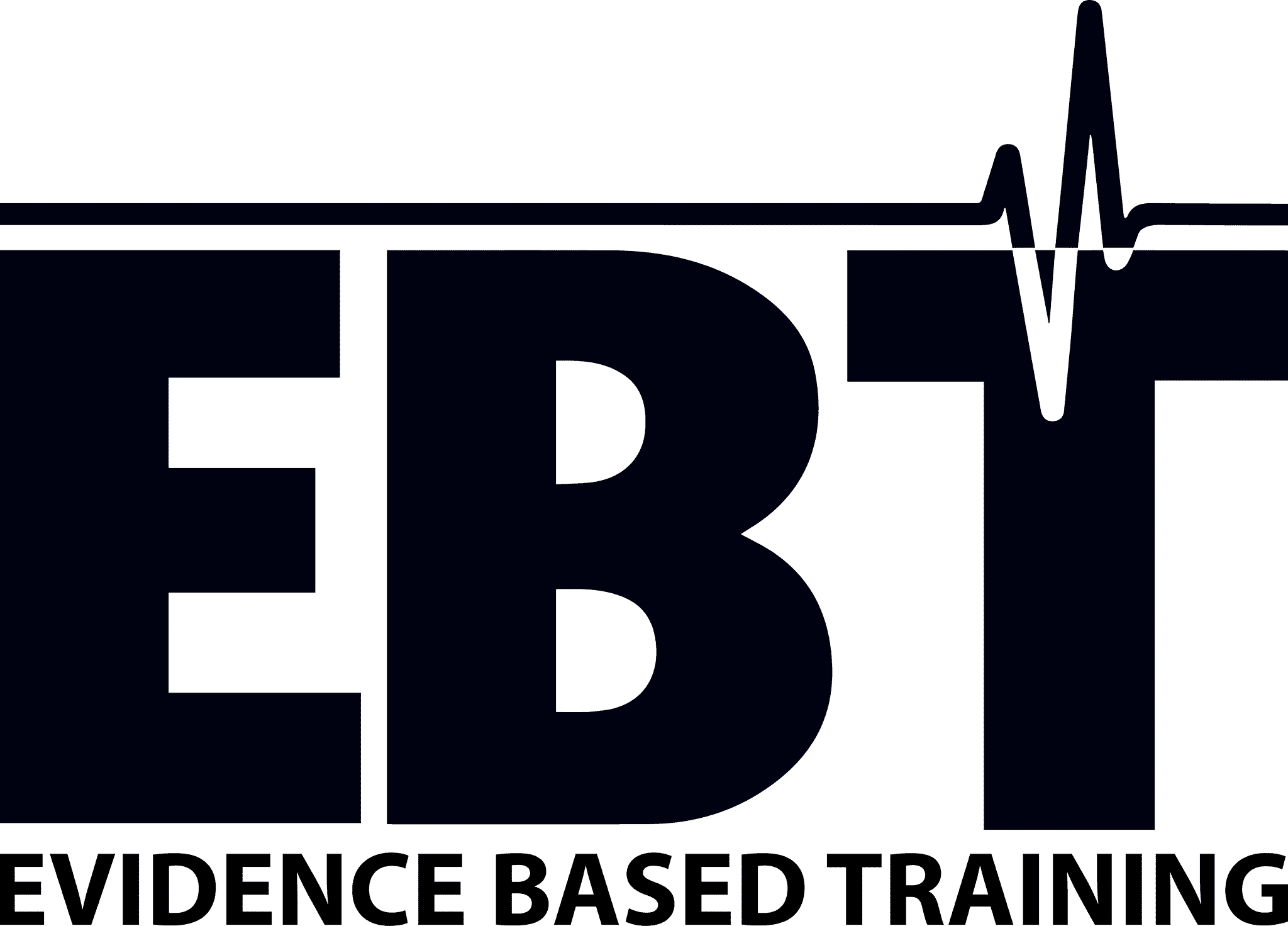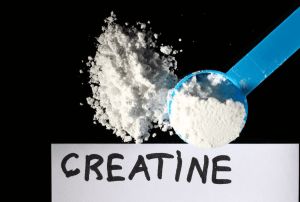Feeling tired? Drink coffe before you nap!
Feeling sleepy and in need of a jolt of energy to smash out that crazy leg day? Try drinking a cup of coffee and then taking a nap, called a coffee nap! This might sound a bit counter intuitive since common knowledge states that coffee interferes with sleep. Which it does. However, it takes a while for the caffeine to affect you.
So how does caffeine work? There is a neurotransmitter (signal substance) in the brain called adenosine. It is a by-product of brain activity that builds up throughout the day and slows down neurons. Aside from being a central nervous system simulant, caffeine is structurally very similar to adenosine and when it gets into your brain and blocks adenosine’s function.
So why coffee nap?
Well, the caffeine has to go through the small intestine, pass into the blood stream and enter the brain. This takes about 20 minutes. Moreover, sleep naturally clears adenosine so the benefits add up. Caffeine’s timing is ideal because power naps should end before deeper sleep begins, around the 20-30-minute mark. At that point, you’re more likely to experience sleep inertia, disorientation caused by abrupt arousal.
In sum, for the best results, drink your coffee quickly and then take a nap ideally for around 20 minutes.
Article by team EBT member Ali Zamini, BSc and MSc in Psychology.
Sources:
1. Reyner, L. A., & Horne, J. A. (1997). Suppression of sleepiness in drivers: Combination of caffeine with a short nap. Psychophysiology, 34, 6, 721-725.
2. Horne, J. A., & Reyner, L. A. (1996). Counteracting driver sleepiness: effects of napping, caffeine, and placebo. Psychophysiology, 33, 3, 306-9.
3. Caffeine Eliminates Psychomotor Vigilance Deficits from Sleep Inertia. (2001). Sleep.
4. Hayashi, M., Masuda, A., & Hori, T. (2003). The alerting effects of caffeine, bright light and face washing after a short daytime nap. Clinical Neurophysiology : Official Journal of the 5.International Federation of Clinical Neurophysiology, 114, 12, 2268.








